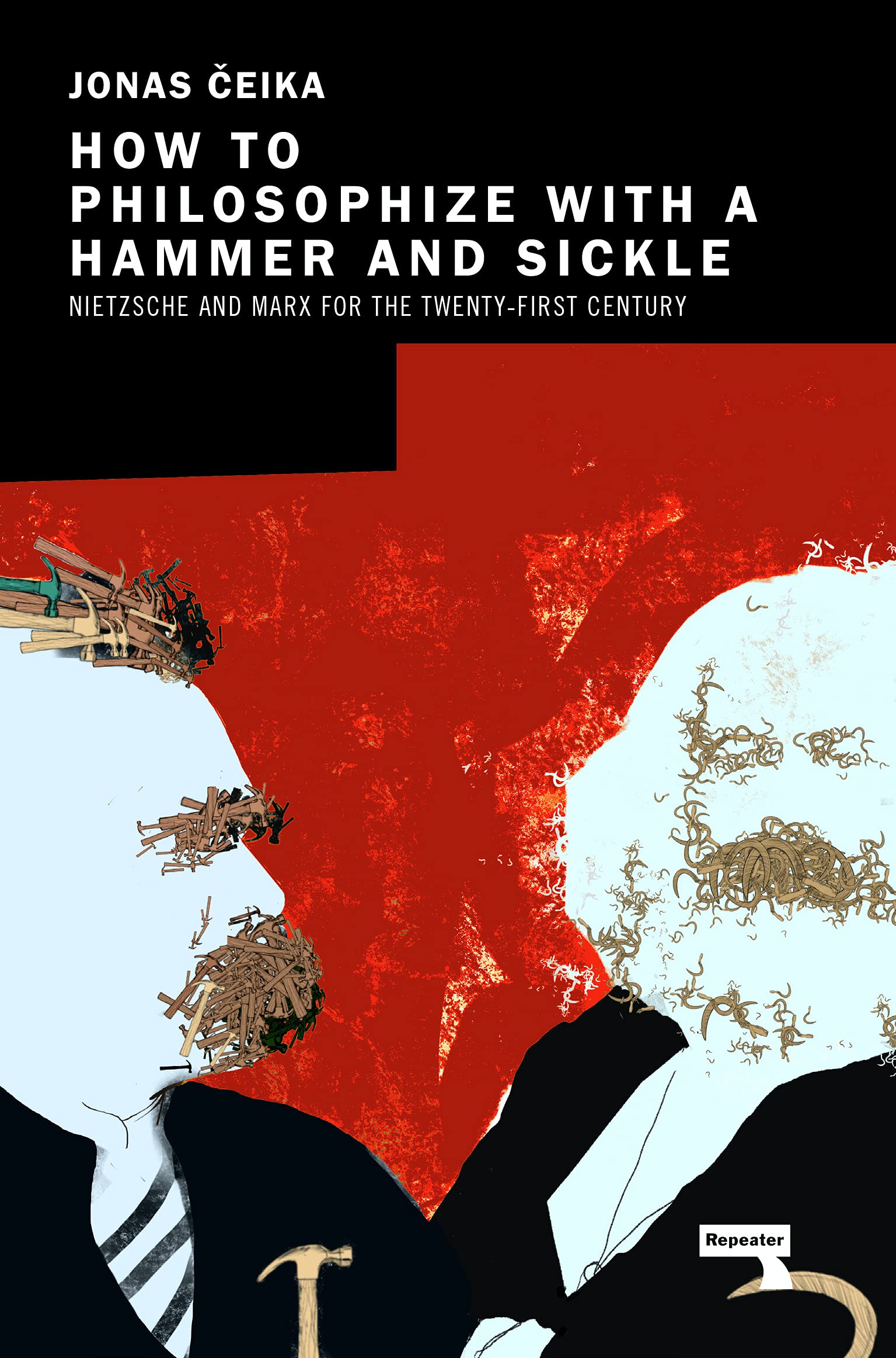What do you think?
Rate this book


285 pages, Paperback
Published November 9, 2021
A thinker must always be something beyond your control - nothing pays them more dishonour than making them servile. It's the same with living persons. There is nothing wrong with finding a person useful for some end or other, but their dignity requires that we do not reduce them to that usefulness, which is, of course, precisely what the capitalist division of labour does.
(pg 7)
I would hate to mislead or disappoint my readers, I would disdain to conceal my views and aims, and would rather make clear, from the beginning, the all-too-human aspects of my thought that many philosophers tend to hide in shame, even from themselves. This is not a 'disinterested' book, its contents are neither universal nor eternal, it doesn't lay claim to an absolute perspective, and its interpretations are by no means final - indeed, I hope that one day this book will be obsolete [...]
So, let me make it clear: the following work is an interpretation of Nietzsche, and specifically a socialist one (and, indeed, one could add that it entails a particular interpretation of socialism as well)." (pg 14-15)